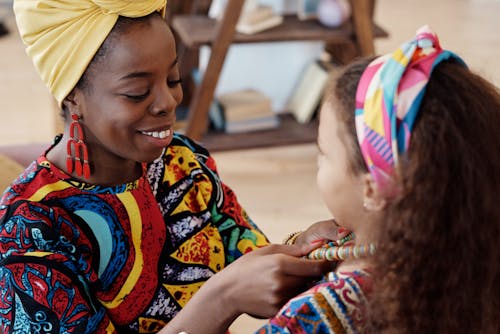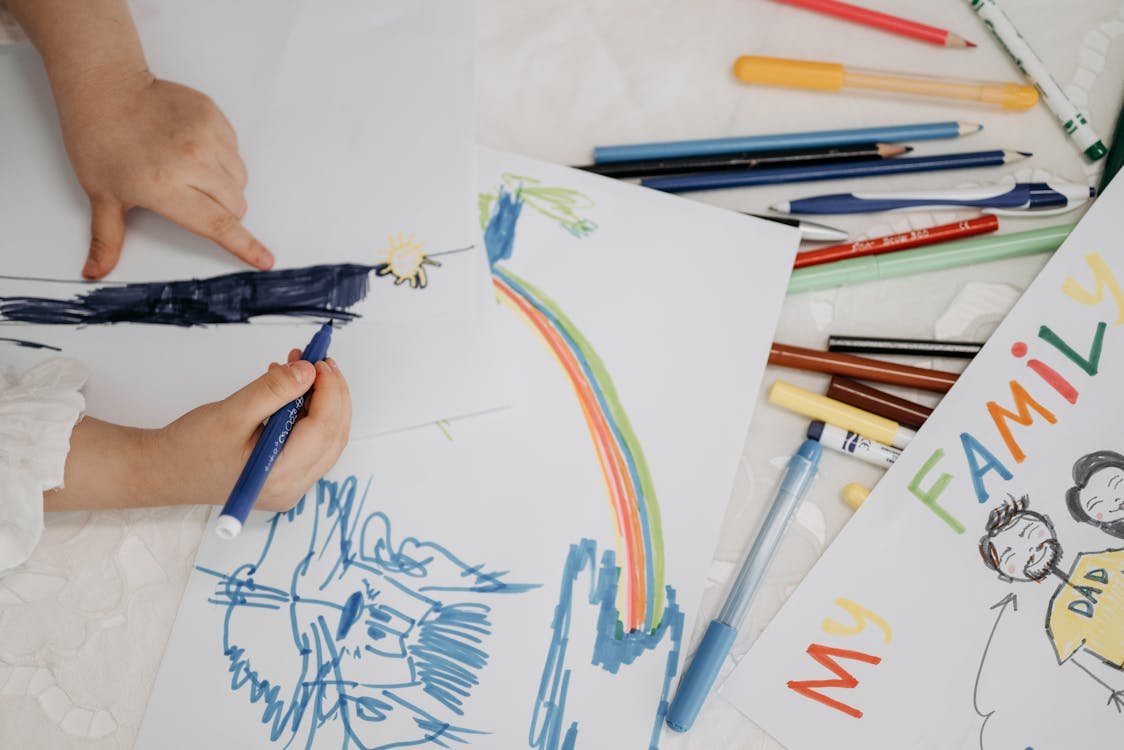Have you been thinking about how to discipline a child without being abusive? Or are you thinking of what constitutes abuse in the discipline of a child? If any of these is of concern to you, please read on.
Anything you do wrongly constitutes abuse. Most parents do not think they are abusive. Of course, most adults grew up with spanking and similar forms of bodily punishment and they turned out just fine. So they agree to the fact that spanking cannot be all that bad.
You will agree that the most common time you exert physical abuse on a child as a parent or teacher is when you are angry about what the child did wrongly.
The world is changing fast and things that did not constitute abusive punishment yesteryear have now been frowned on today. As a result, children are leaving homes, growing up to be aggressive individuals.
Subsequently, evidence shows that being abusive does not improve a child’s behavior in the long run. It only makes it worse.
In this blog post, I will like to share with you the following strategies on how to discipline your child without being abusive:
- Make Communication a Priority
- Be Your Child Role Mode
- Deny Them of Some Privileges
- Embrace Opportunity to Teach Your Child
- Give Reward for Doing the Right Thing
- Ignore Attention Seeking Behavior
- Link consequences directly to the behavior problem
- Make Communication a Priority

Good communication builds rapport with your children.
Build a rapport with your children. Talk to them about things that they are not doing right. You will be amazed at their response.
Let them know what they are doing is not good enough and explain why their behavior is not desirable. The child will learn the power of using words to solve issues rather than being abusive.
They will also learn that problems can be solved without resorting to fighting and other forms of abusive behaviors.
- Be Your Child Role Mode

Treat your children or wards the same way you expect others to treat you.
How do you want your children to behave? Behave like that in their presence. Your children learn a lot simply by watching you.
Before you do anything in front of the children, ask yourself: is this how I want my children to behave?
Behave as if your children are watching you all the time. Of course, you are their biggest role model. Always remember that your children are the ambassadors of your home. Whatever they see you do, they replicate outside the home.
If you want your children to exhibit: friendliness, unselfish behavior, tolerance, respect, honesty and kindness, you need to model these traits yourself.
Children predominantly do what you do rather than what you say. Thus, it is always essential for you to model the behaviors you want children to exhibit.
- Deny Them of Some Privileges

Denying your children some privileges when they misbehave is not an aim to coerce them into compliance. The goal is to teach them to make better life choices in the future.
Once they have learned that the consequences of misbehavior are a denial of privileges, they will associate the denial of privileges with misbehavior. They won’t want to lose their privileges and thus, would endeavor to do whatever they are expected to do.
Make it clear to them that they can receive back the withhold privileges after some time. This should be long enough for your children to learn from their mistakes.
- Embrace Opportunity to Teach Your Child

Parents who reason with their children mostly understand the rationale behind the rules and regulations in a non-judgmental way.
Children are always restless and are often prone to punishment. It would be best if you viewed each moment of discipline as an opportunity to teach your children the reasons they need to follow your rules and regulations.
Of course, you cannot expect your children to follow your rules and regulations simply because you, as a parent, told them to. Instead, let them know the consequences rather than enforcing the rules on them. They deserve to know why they should abide by the rules.
Children sometimes wonder about the motives behind our “do not do this and that.” Therefore, you need to explain to them. In this way, your children would learn to follow your rules because of the underlying moralities behind them. Not because they only want to avoid your punishment.
- Give Reward for Doing the Right Thing

Please do not compare your children with others; you will break them instead of molding them!
Children respond nicely to rewards. Praising your children for doing the right thing is a form of reward. Praise improves their perceptions of self-worth while enlightening them on the distinction between appropriate and inappropriate behavior.
However small, always praise the achievements of your children. Make it a point of duty to find something to praise in your child every day and be generous with your rewards by getting the child a Gadget Clip Art Set, especially if he or she is a tech-enthusiast.

Everyone loves to be praised, children included. They would want to exhibit the behavior that earns them praise again and again.
Allow them to do things by themselves. Praise them, compliment them, hug them, kiss them, shower them with your love when they do it right.
- Ignore Attention Seeking Behavior
Children often learn with time that polite behavior is the best way to get their needs met.
Children often exhibit some behaviors to get attention. Ignoring them when they show this attention-grabbing behavior can be more effective than hitting them or using abusive words.
Ignoring your children when they are doing something that is not appropriate can be very dangerous. Do not look the other way if your child is doing something troublesome.
Do not give in to your teenage children when they try to get your attention by whining or complaining. Pretend that you do not hear them. They will soon learn that they cannot get to you through whining and complaining.
Children often learn with time that polite behavior is the best way to get their needs met.
- Link the consequence directly to the behavior problem

Linking the consequences to your children’s misbehavior can help your children overcome their behavioral problems.
The strategy is an amazing way to help children who are battling with certain behavior problems.
For instance, if your children do not do their homework, don’t let them watch their favorite television program. Or, if they refuse to pick up their toys, do not allow them to play with them for the rest of the day.
Linking the consequence directly to your children’s misbehavior help them to see that their choices have direct consequences and this way, you have learnt how to discipline a child without being abusive.
Now that you are aware of how to discipline your child without being abusive, learn to implement these strategies effectively. Next time when you want to result in spanking and hitting your child, take a deep breath. This will help you reevaluate the situation when you are feeling less subjective.
[mc4wp_form id=”74″]


